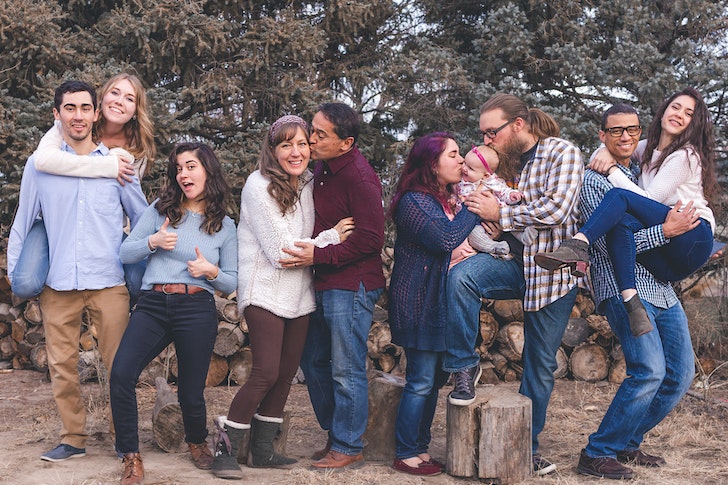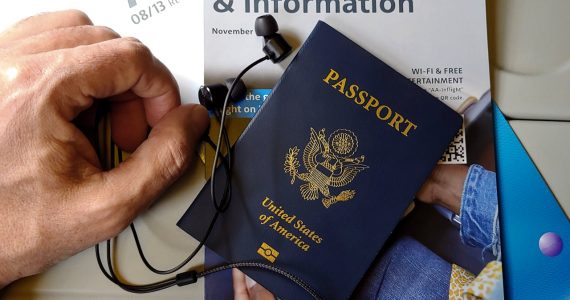Although disinheritance often serves as the central theme of film and TV stories, leaving a family member out of your will in real life requires considerable forethought. It’s a choice that involves both emotional and financial considerations, and it may have far-reaching effects.

If you’re thinking about excluding your family from your will, there are ways to do it and ways not to do it.
Removing Family Members From Your Will
Simply removing someone’s name from your will won’t cut it – you need to clearly spell out your intentions.
It’s crucial to follow the correct processes and handle your will with the care that a delicate legal document deserves if you want to make sure certain family members don’t get a bite of your estate.
Parents
A part of your fortune is due to your parents as a matter of course. In such case, your valuables will go to your nearest relatives, who may be your parents, if you don’t have children or a partner and leave without having made a plan. If you do not want your parents to receive any portion of your estate, or if you are not married and are childless, be careful to expressly name other heirs as beneficiaries.
Adult Children
It is crucial to express any disinheritance of grown children in detail, even if you may wish to use delicate words to prevent lasting harm. A court will provide an equal part to the adult kid who is not listed in the estate records and infer that the absence of a name in the paperwork was an accident. In order to make it obvious that the exclusion is deliberate and not a mistake, your will must explicitly state that you do not want an adult child to inherit if you actually wish to do so.

Minor Children
There is a legal safeguard against disinheritance for any children who are still minors. As long as you are alive, they are legally entitled to whatever financial assistance you would provide them with.

Spouse
State-specific marriage laws regulate how much a spouse is entitled to in the event of a legal separation, divorce, or the passing of the other spouse, but these rules vary from state to state.
In state communities, any property or assets acquired during a marriage are regarded as being owned equally (50/50) by both spouses in these states.
States that are not considered communal property have established restrictions to safeguard couples. In most jurisdictions, a spouse has the option of choosing assets from the estate or a predetermined portion of them, as specified by law.
A pre- or postnuptial agreement must be used in order to follow the legal procedures required to completely disinherit a spouse.




